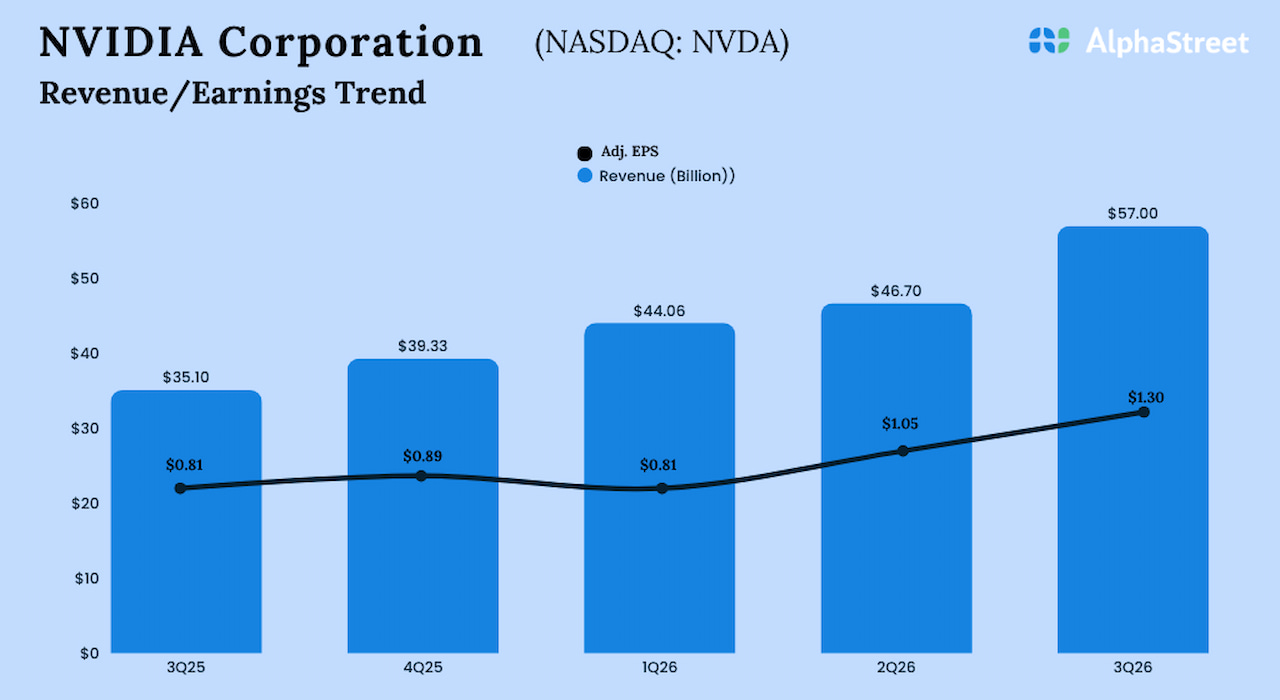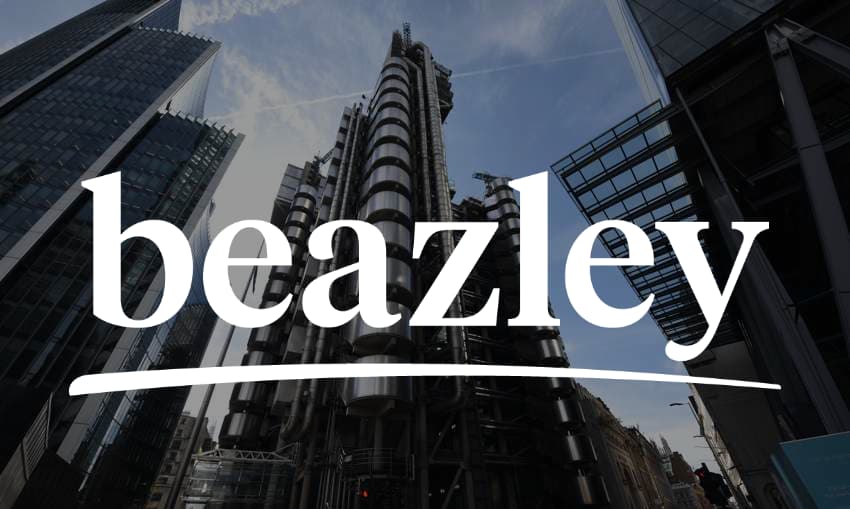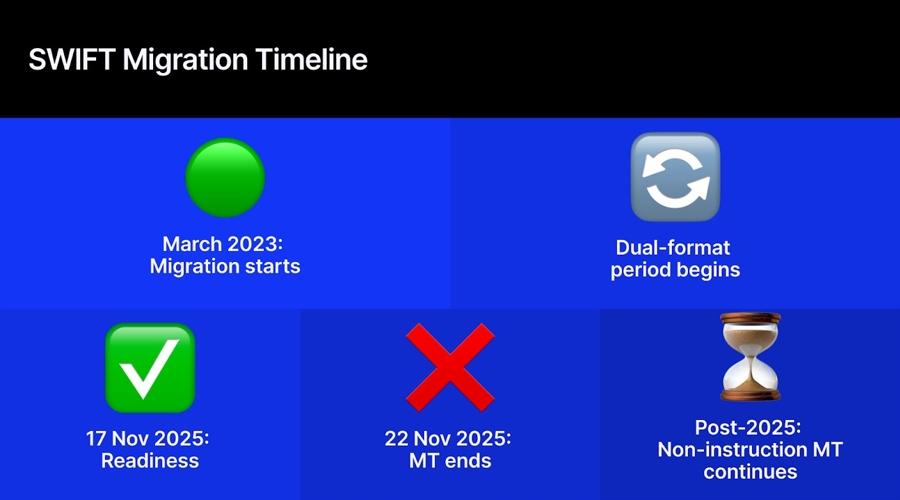In 1968, Congress enacted a major tax increase to control inflation, eliminating the budget deficit. It didn’t work. Monetary policy became more expansionary and inflation increased still further. This was a major failure of the Keynesian model, and it helped lead to a revival of monetarism.
In 1981, taxes were cut and military spending was increased, sharply boosting the budget deficit. Keynesians expected higher inflation. Instead, a tight money policy by the Fed led to recession and lower inflation. This led to a “New Keynesian” model that de-emphasized fiscal policy.
In 2021, fiscal stimulus was accompanied by monetary stimulus, which boosted both growth and inflation. That fit the traditional Keynesian model.
The facts are not controversial, but there is some dispute as to how we should view this data. Today, I received an email from the ECB discussing a new working paper. This description caught my eye:
Lukas Hack (University of Mannheim), Klodiana Istrefi (Directorate General Research, ECB, and CEPR) and Mathias Meier (University of Mannheim) present evidence on the role that US monetary policy plays in how fiscal spending affects the economy. A dovish Federal Open Market Committee (FOMC) delays policy rate increases, while a hawkish FOMC tightens monetary policy more promptly, following increased fiscal spending. The authors then show that the dovish response supports fiscal expansions. In contrast, the hawkish response results in a GDP decline but effectively controls inflation expectations.
In one sense, that’s completely in agreement with the examples that I just provided. But the framing is odd. The comments seem to suggest that fiscal policy drives aggregate demand, while monetary policy plays only a supporting role. In fact, it is monetary policy that explains how the economy reacts in all three of the cases discussed above, whereas fiscal policy is informative in only one case (2021). Wouldn’t it be more useful to ignore fiscal policy entirely and simply focus on what monetary policy is doing? Couldn’t the final sentence be re-written as follows:
“The authors then show that dovish monetary policy is expansionary. In contrast, hawkish policy results in a GDP decline but effectively controls inflation expectations.”
Just delete all mention of fiscal policy.







































